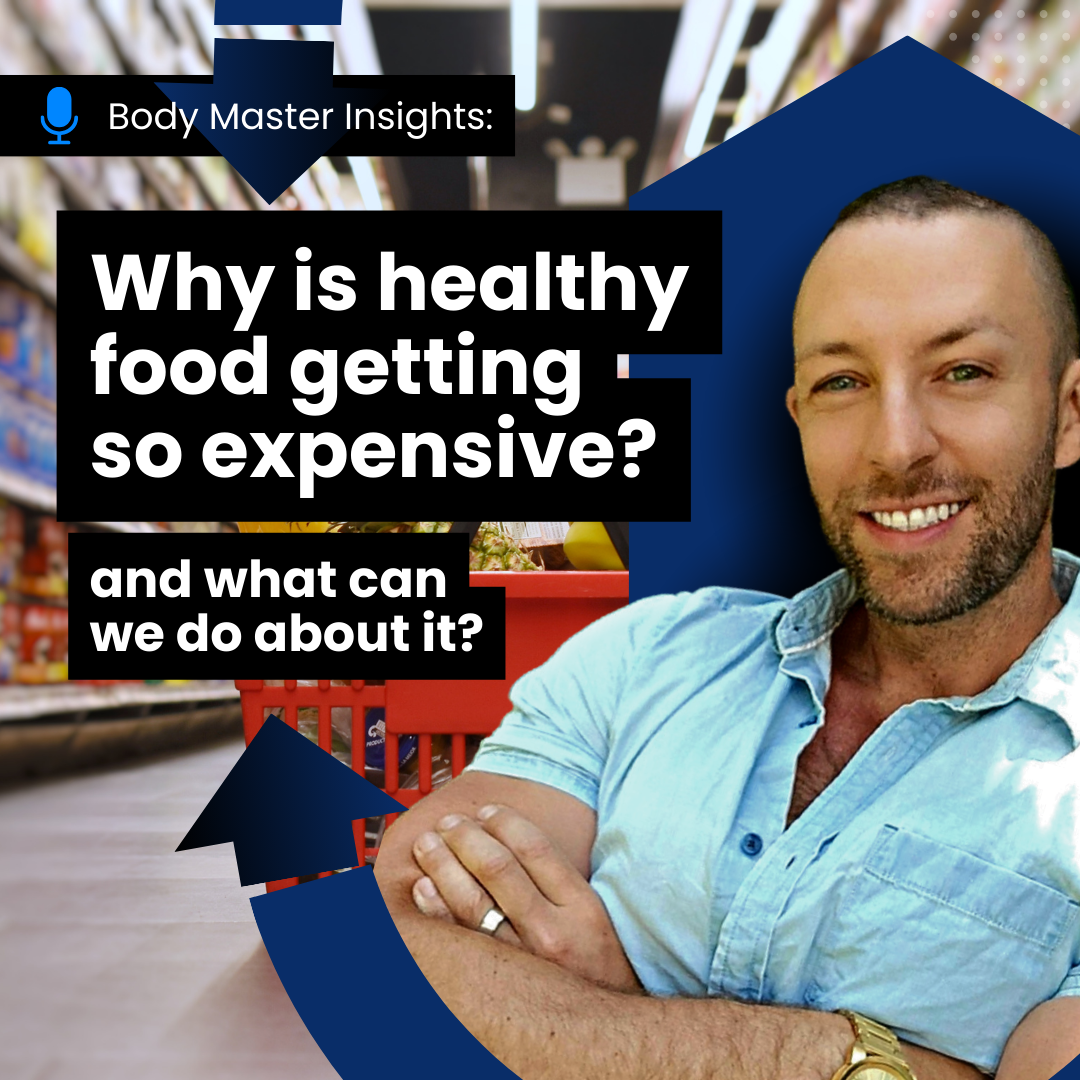In today's fast-paced world, where convenience often trumps health concerns, it's no secret that our food choices profoundly impact our well-being. With the prevalence of fast-food joints offering cheap, processed meals loaded with unhealthy fats and sugars, it's easy to see why many struggle to afford healthier alternatives. However, there are ways to navigate this landscape and prioritize nutritious options without breaking the bank.
One of the fundamental keys to affordable healthy eating lies in understanding that not all nutritious foods need to be organic. While organic produce and products have their merits, they often come with a higher price tag. Thankfully, there are plenty of nutritious options available that don't necessarily need the organic label. Conventional fruits and vegetables, for example, can still provide essential vitamins, minerals, and fiber without the organic certification.
Here's a list of foods that don't necessarily need to be organic, as they tend to have lower pesticide residues:
-
Avocados: With their thick skin, avocados provide a protective barrier against pesticides, making them a safe choice even when conventionally grown.
-
Sweet Corn: Conventional sweet corn tends to have lower pesticide residues due to its husk, which shields the kernels from contamination.
-
Pineapple: The thick skin of pineapples provides natural protection against pests and reduces the need for pesticides.
-
Onions: Onions have layers that offer some protection against pesticides. Additionally, their pungent flavor tends to deter pests naturally.
-
Frozen Peas: Frozen peas are often harvested and frozen quickly, preserving their nutritional content without the need for excessive pesticides.
-
Eggplant: With its smooth skin and natural resistance to pests, eggplants typically have lower pesticide residues compared to other fruits and vegetables.
-
Cabbage: Cabbage is known for its ability to thrive in various conditions, making it less susceptible to pests and requiring fewer pesticides.
-
Kiwi: Like many fruits with edible skins, kiwi can be safely consumed even when conventionally grown.
-
Asparagus: Asparagus spears are harvested before they develop significant exposure to pesticides, making them a safer option.
-
Mushrooms: Mushrooms are typically grown in controlled environments, reducing the need for pesticides and making them a safe choice.
-
Papaya: Similar to pineapple, papaya has a thick skin that provides natural protection against pests.
-
Sweet Potatoes: With their thick skin and underground growth, sweet potatoes are less susceptible to pests and typically have lower pesticide residues.
-
Cauliflower: Cauliflower's compact head and protective leaves help shield it from pests, reducing the need for pesticides.
-
Watermelon: Watermelon rinds provide a protective barrier against pesticides, making conventionally grown watermelon a safe choice.
-
Broccoli: Broccoli's dense florets and protective leaves make it less vulnerable to pests, resulting in lower pesticide residues.
While these options can make a significant difference in one's diet, it's essential to acknowledge the broader context surrounding food affordability and accessibility. The politics of food production and distribution play a crucial role in shaping our food environment. As the saying goes, "Give them the poison for free and charge for the antidote." This statement rings true in the food industry, where processed, unhealthy foods are often cheaper and more readily available than nutritious alternatives.
The cost of healthy foods is often driven by the practices of large corporations focused on maximizing profits at the expense of public health. Fast food burgers and bags of chips are priced lower despite excessive processing, while fresh produce like apples or asparagus costs much more. This imbalance not only perpetuates health inequalities but also reflects a system that prioritizes corporate interests over public well-being.
Supporting local organic farmers is not just an investment in our health but also a stand against the very corporations that profit from our health challenges. By purchasing from local farmers' markets or joining community-supported agriculture (CSA) programs, consumers can access fresher, more nutrient-dense foods while contributing to the local economy.
Moreover, by prioritizing whole, nutritious foods over processed junk, we send a powerful message to food industries: our health is not for sale. It's time to challenge the systems that perpetuate unhealthy food environments and advocate for policies that prioritize public health over corporate profits.
In conclusion, affordable healthy eating is not just about finding budget-friendly options—it's about reclaiming control over our health and supporting the communities that nourish us. By making informed choices, supporting local farmers, and advocating for sustainable food systems, we can create a future where nutritious, wholesome foods are accessible to all. So let's take a stand, one bite at a time, and build a healthier, more prosperous world for ourselves and future generations.
















